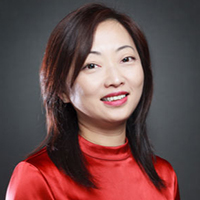The Journal of The Electrochemical Society is publishing a focus issue in connection with the Pulse and Reverse Pulse Electrolytic Processes 4: In Honor of EJ Taylor symposium at the 244th ECS Meeting.
This focus issue is in honor of Dr. E. Jennings (EJ) Taylor, a pioneer in the development of industrial applications of electrochemical deposition, surface finishing, and conversion technologies. Dr. Taylor has made significant contributions to the development and commercialization of industrial electrolytic processes, with a specific focus on pulse and pulse reverse electrolytic processes used to enhance a variety of electrochemical processes, coupled with the design and development of scalable, modular apparatus. Dr. Taylor founded Faraday Technology, Inc. in 1991, with a mission to change the focus of electrochemical technologies from the art of complex chemistries to the science of pulse and pulse reverse electric fields. He has been a leader in research into surface finishing technologies, including electrodeposition and electropolishing, as well as the development of electrochemical conversion, recycling, and decarbonization technologies. Dr. Taylor has received awards including the 2013 Presidential Green Chemistry Challenge award for electrodeposition of chrome coatings for wear applications, 2011 R&D 100 award for electrodeposition of Co-Mn alloy coating for solid oxide fuel cells as part of a team with DOE NETL, and 2007 Blum Scientific Achievement award of the National Association of Surface Finishers. (more…)


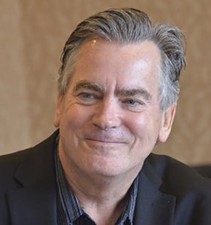
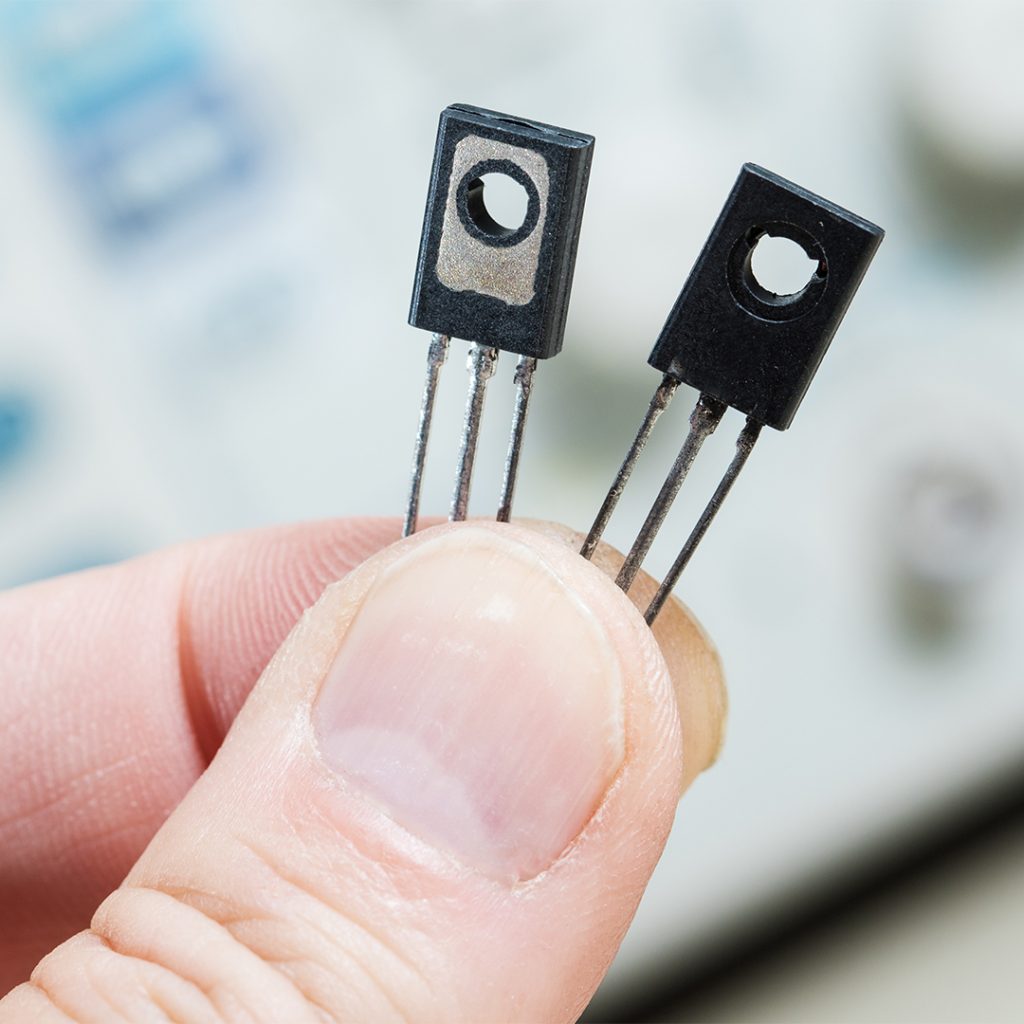
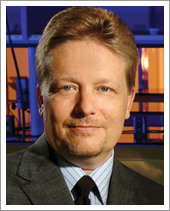

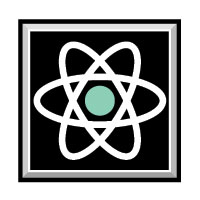
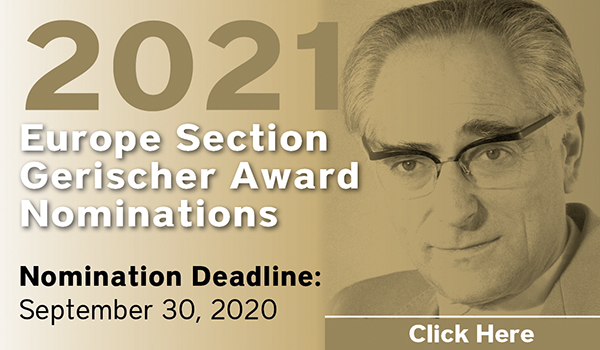

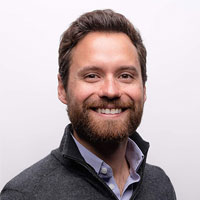 Netz Arroyo Addresses Urgent Needs
Netz Arroyo Addresses Urgent Needs